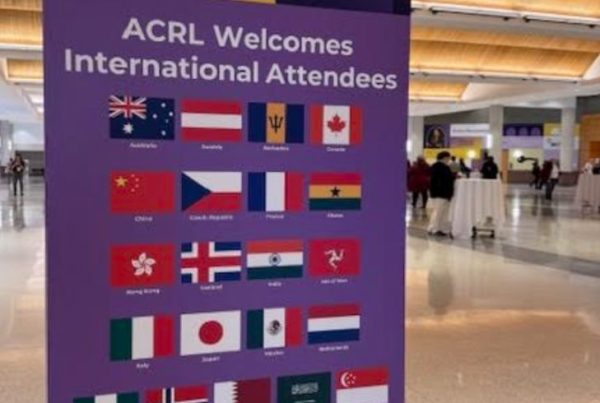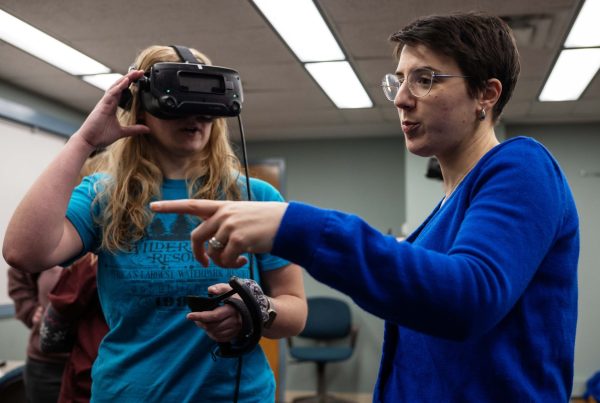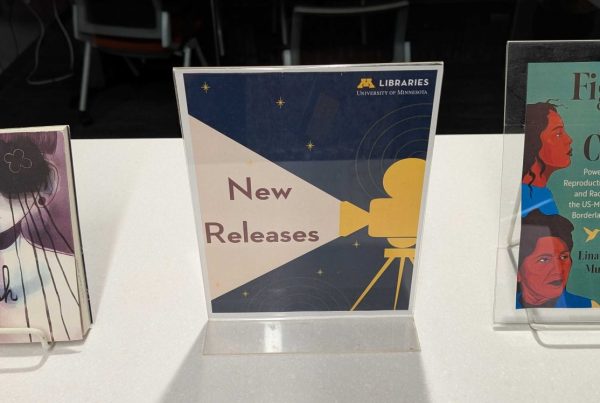WASHINGTON − The U.S. Government Publishing Office (GPO) has named the Government Publications Library at the University of Minnesota Twin Cities as the 2021 Federal Depository Library of the Year.
The library is a Regional Depository Library and supports dozens of other libraries in Minnesota, South Dakota, and Michigan. It was selected for consistently striving to make government information more discoverable and accessible. The Government Publications Library became a member of the Federal Depository Library Program (FDLP) in 1907.
“Congratulations to the Government Publications Library at the University of Minnesota Twin Cities on being named the 2021 Federal Depository Library of the Year,” said GPO Superintendent of Documents Laurie Hall. “GPO appreciates the library for its commitment to preserving Government information and ensuring Minnesotans can easily access in their local and regional communities for more than 100 years.”
“We are proud of the work that Alicia Kubas and her team do to serve the students and faculty at the University of Minnesota, members of the public and other libraries regionally, nationally, and internationally,” said Lisa German, University of Minnesota Librarian and Dean of Libraries. “Government documents carry essential information for citizens, business owners, and others, and our Government Documents team aims for continuous improvement as they preserve them and enable access to them.”
The staff at the Government Publications Library at the University of Minnesota support long-term access and preservation of government information. The library regularly binds its collection, sending over 7,700 items on average to the bindery every year to ensure documents are in good condition, and preservation staff at the library conduct routine repair on older items. The library’s Federal documents collection consists of nearly two million physical items including maps, paper documents, microforms, and CDROMs, of which 95% is cataloged. It was the first regional library to catalog GPO’s collection down to an item level for easier accessibility.
The library staff continue to promote and increase the discoverability of government information collections and services. It partners with GPO on a collaborative cataloging project to add unreported publications to the Nationall Collection. Through its new documents display, the library showcases newly received federal publications. Thousands of Minnesota middle and high school students utilize the library resources for History Day projects, and library staff answer approximately 130 reference questions per year related to Government information.
About the GPO
GPO is the Federal Government’s official, digital, secure resource for producing, procuring, cataloging, indexing, authenticating, disseminating, and preserving the official information products of the U.S. Government. The GPO is responsible for the production and distribution of information products and services for all three branches of the Federal Government, including U.S. passports for the Department of State as well as the official publications of Congress, the White House, and other Federal agencies in digital and print formats. GPO provides for permanent public access to Federal Government information at no charge through www.govinfo.gov and partnerships with approximately 1,100 libraries nationwide participating in the Federal Depository Library Program. For more information, please visit www.gpo.gov.






